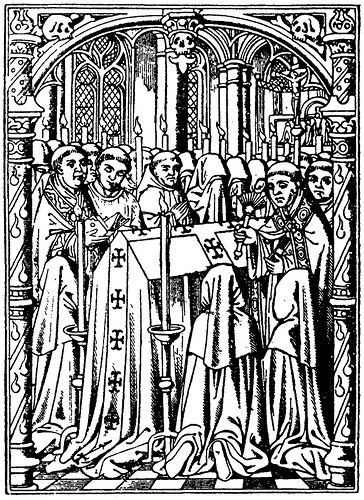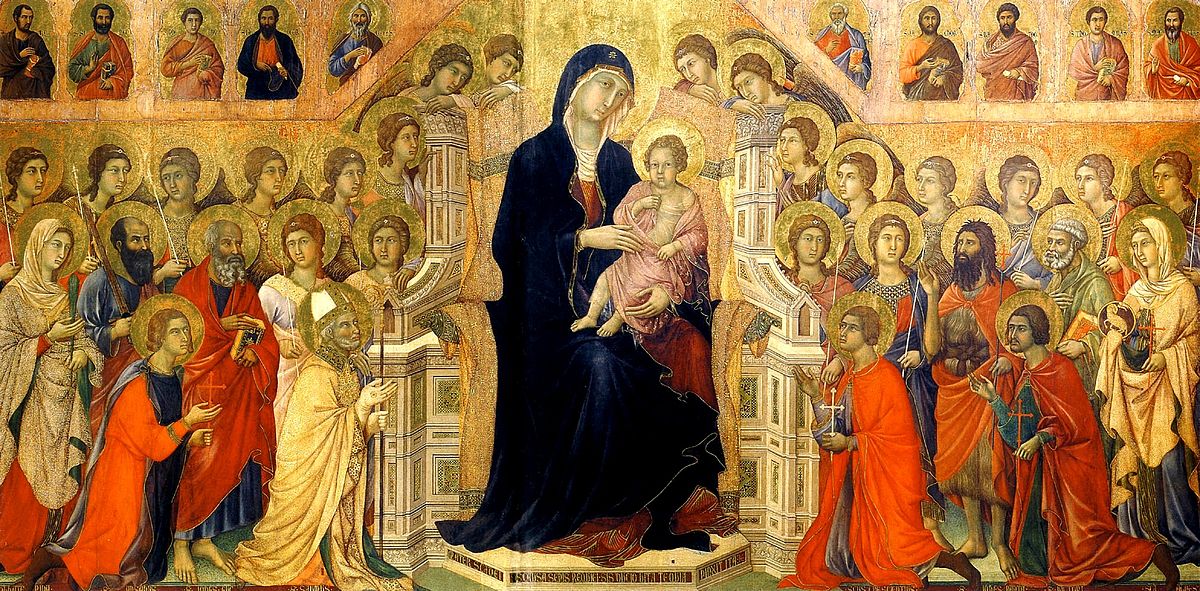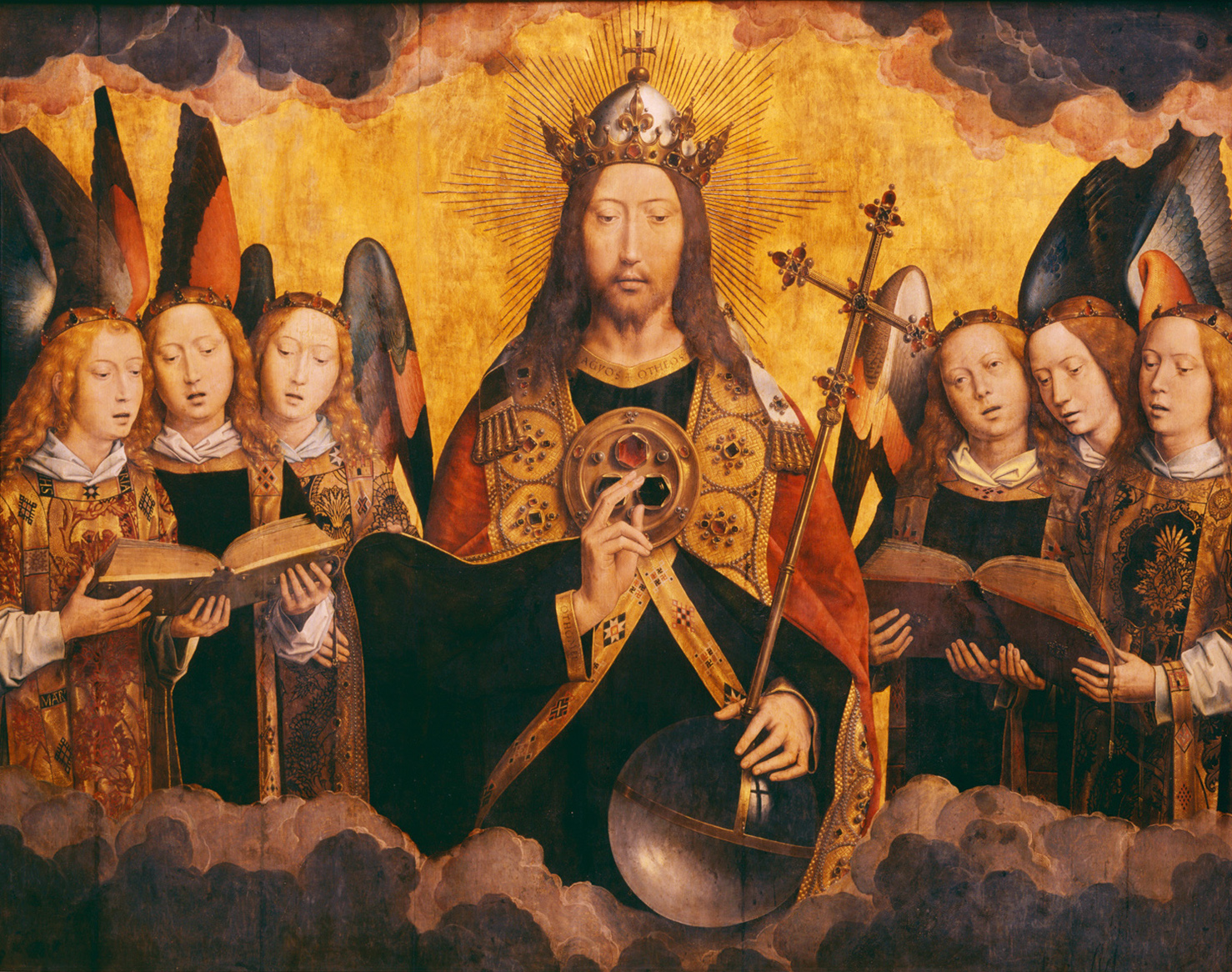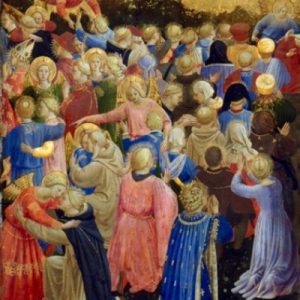 On All Souls Day we will have a solemn celebration commemorating all of those who have died and are now in Purgatory.
On All Souls Day we will have a solemn celebration commemorating all of those who have died and are now in Purgatory.
The Solemn High Mass (with the Absolution at the catafalque) will be at 11:00 a.m. on November 2nd, thus opening the month of the Holy Souls.
Fr. Peter Langevin , celebrant, Fr. Richard Cipolla, deacon, and Fr. Robert Turner, subdeacon.
Please note: You may bring the names of those you want to enroll in the St Gregory Purgatorial Society to the sacristy prior to Mass.
The spiritual benefits for those enrolled annually in the Purgatorial Society: the All Souls Mass, the monthly First Friday Masses, and devotions during the year for the Souls in Purgatory.
All Souls’ Day – Plenary Indulgence
A plenary indulgence is granted the faithful who, on All Souls’ Day (or according to the judgment of the bishop, on the Sunday preceding or following it, or on the solemnity of All Saints), devoutly visits a church or an oratory and recites an Our Father and the Creed.
– Piously visit a church to pray for the faithful departed
– Say one “Our Father” and the “Creed” in the visit to the church
– Say one “Our Father” and one “Hail Mary” for the intentions of the Pope and worthily receive Holy Communion (ideally both on the same day but may precede or follow by several days)
– Make a Sacramental Confession within 20 days of (before or after) All Souls Day.




